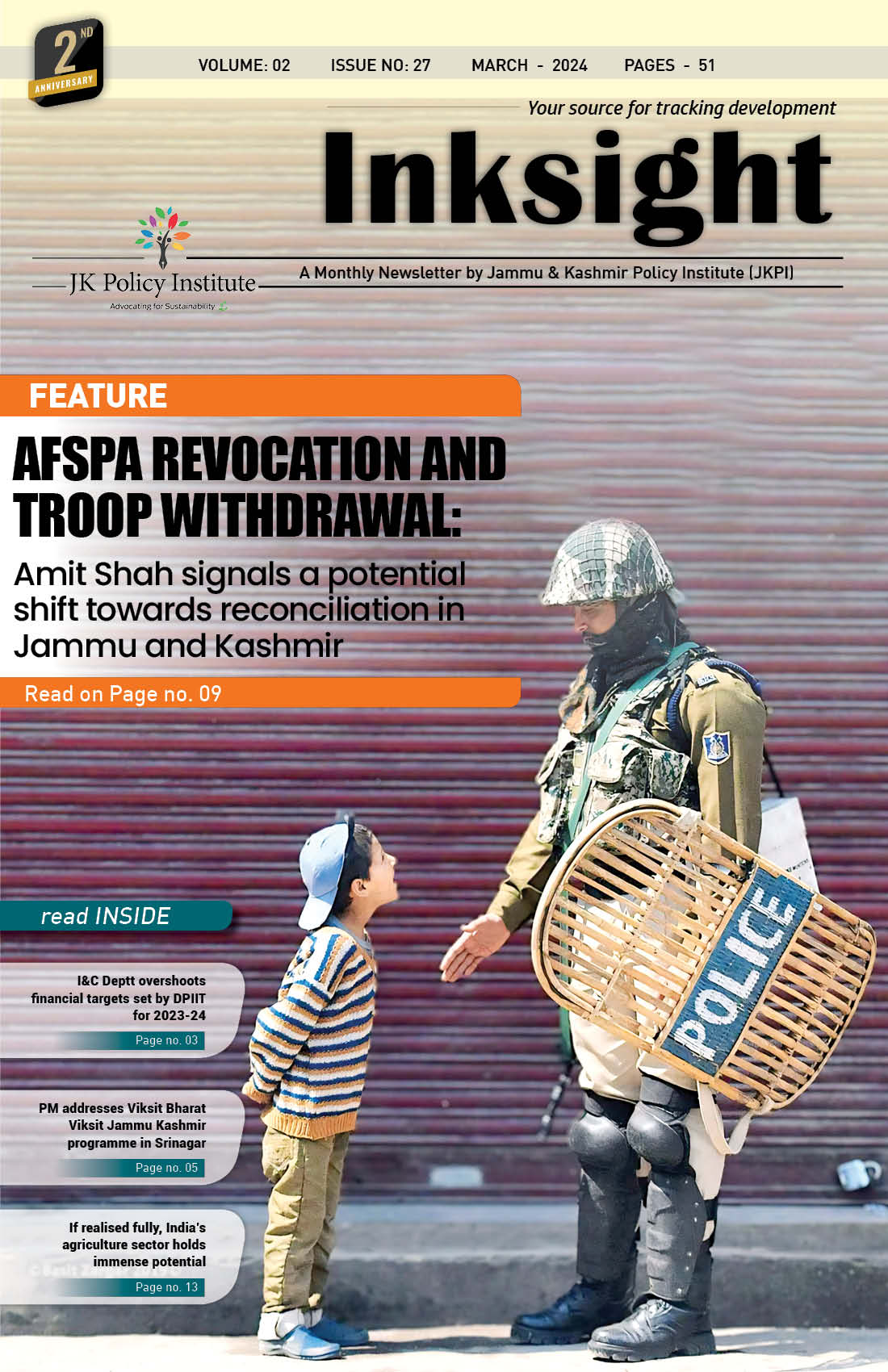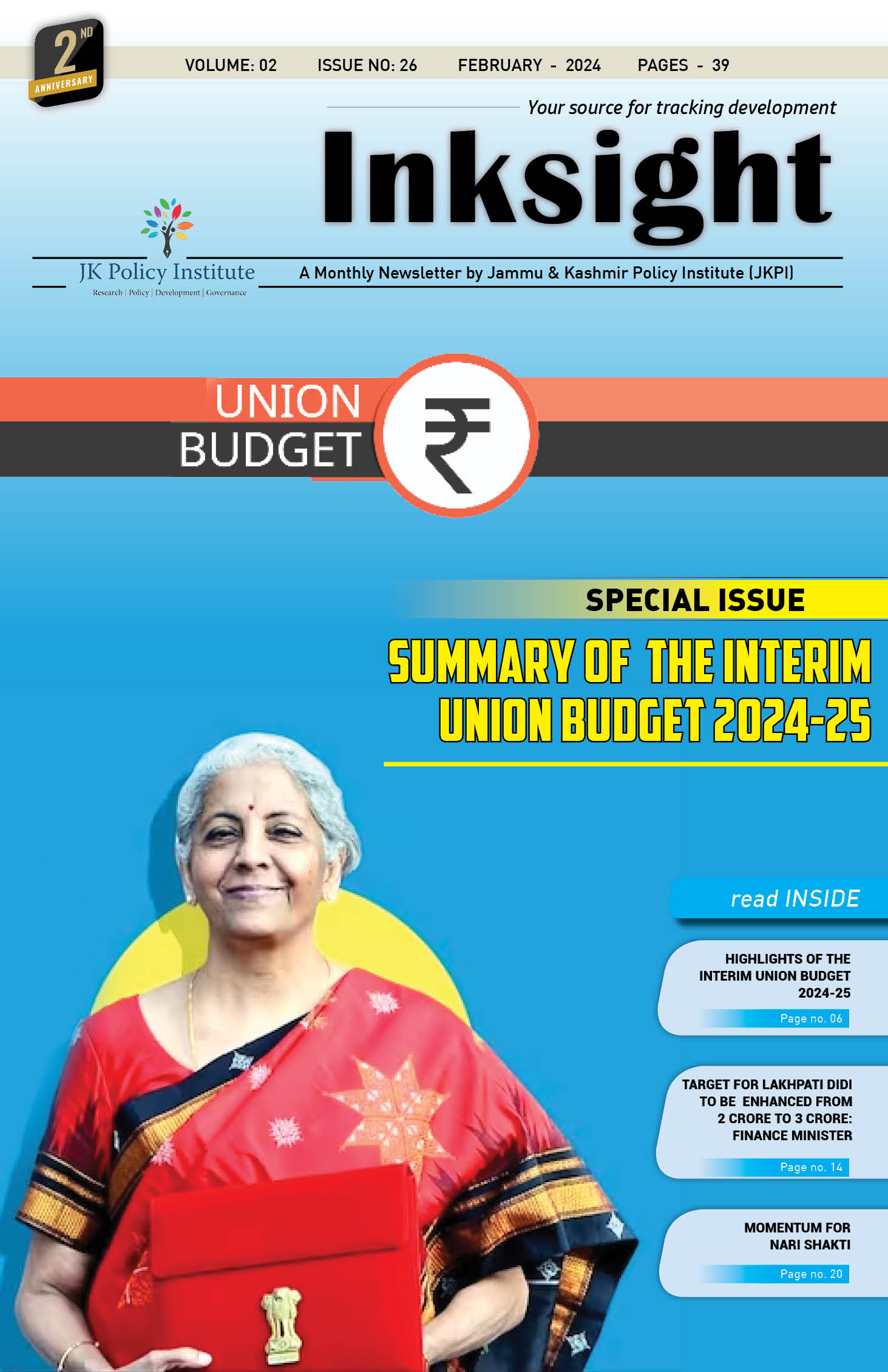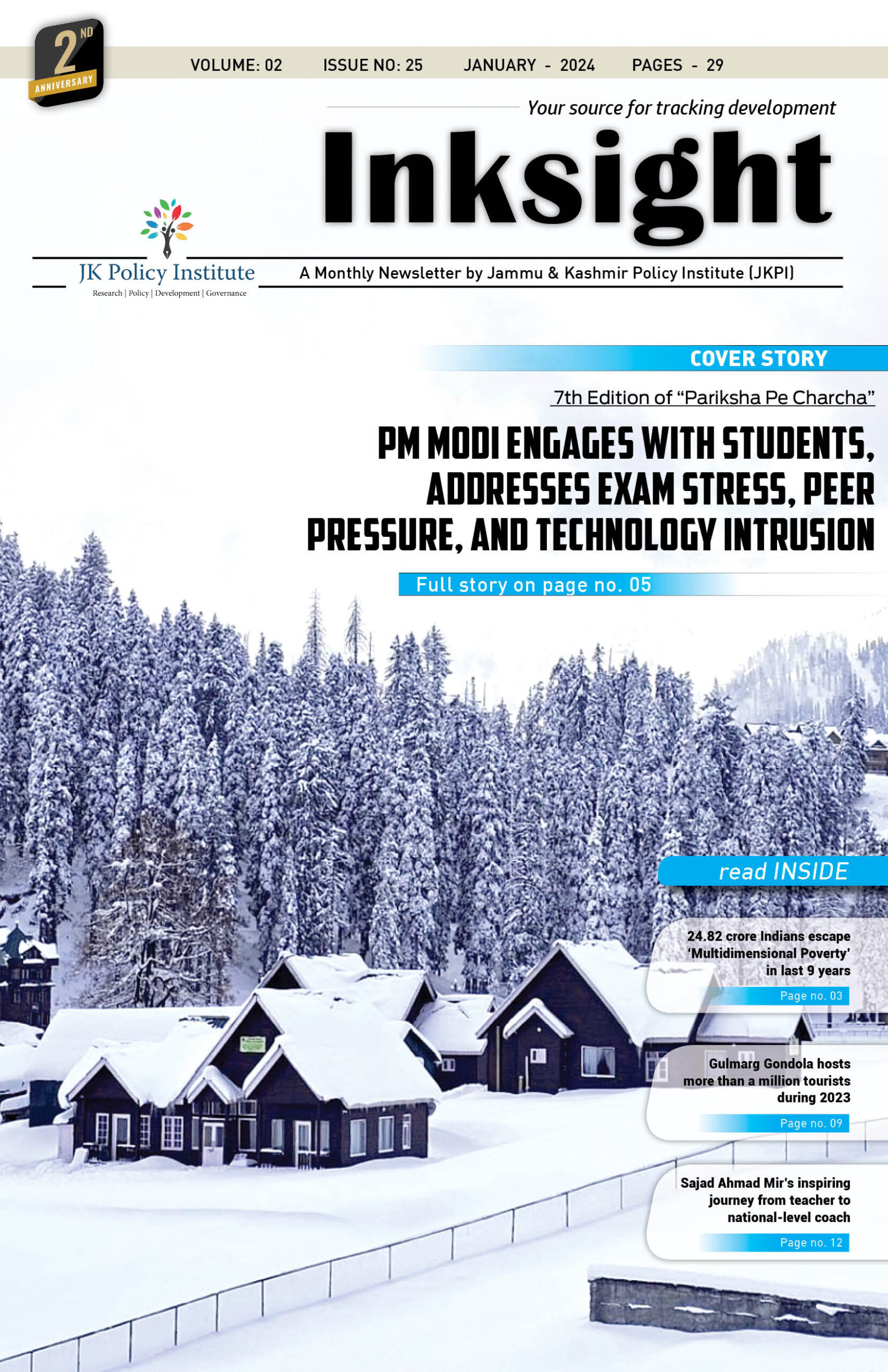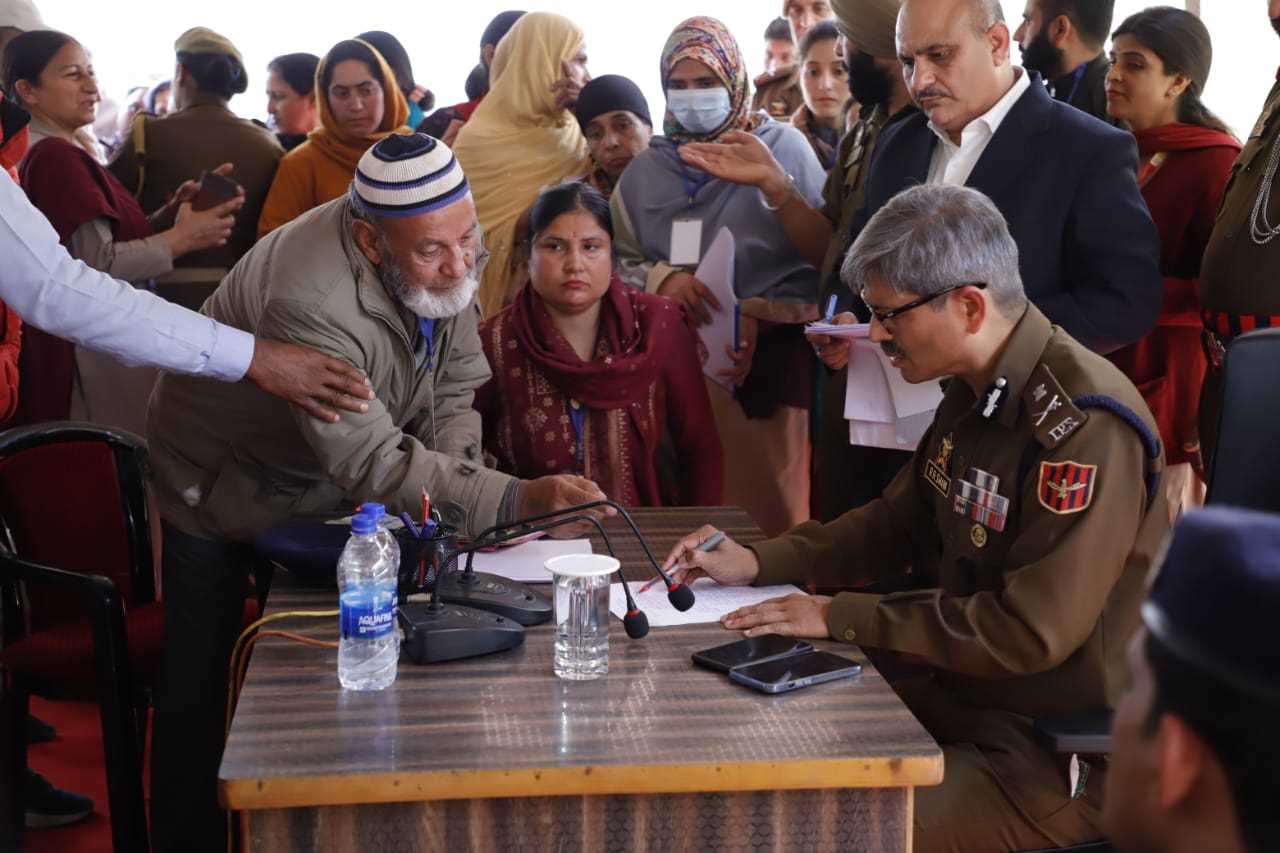Introduction
In a region plagued by conflict and turmoil, the importance of strong police-community relations cannot be overstated. Mr. R R Swain, the newly appointed police chief of Jammu and Kashmir, has initiated a remarkable process by opening communication channels with the common people. During his regular weekend meetings, he engages with individuals from different walks of life, listens to their concerns, and, if possible, addresses their issues. This article highlights two powerful encounters, demonstrating the profound impact of such engagement on the community and the police force.
Background
Before delving into the two specific cases, a brief background seems appropriate.
Similar to conflict situations elsewhere, in Kashmir, civilians have faced greater risks of violent death or serious injury. This is not necessarily due to their involvement in combat (although it has been the case for some). Instead, they have often been caught in the wrong place at the wrong time, or their harm has been orchestrated to serve someone’s political or military design and game-plan. Consequently, overall public confidence in the government is heavily determined, more than anything else, by its ability to provide general public security in this highly fluid situation.
It is at this juncture that the police play a crucial role because no political institution or leader is going to stand guard on behalf of the common people. The police perform this function for the state and the government. Hence, citizens are more likely to interact daily with the police than with other branches of the government. People have more frequent interactions with a police officer manning the street corner than they do with a senior bureaucrat in the civil secretariat or with ministers and legislators when such structures are in place.
Therefore, the nature of people’s interactions with policemen in the neighborhood, such as a local ‘thana’ (police station) and elsewhere, particularly the fairness of police conduct regarding both individual and group rights, and the police’s moderation in the use of its legal mandate, including the monopoly over the use of force, has a significant effect on whether the public trusts and supports the government or not.
First Case: A Mother’s Plea
The police chief was approached by a woman, the wife of a police constable serving in the Jammu region for the past five years. With tears in her eyes, she pleaded for her husband’s transfer from Jammu to Kashmir. According to his wife, the cop has been serving in the Jammu region for the last five years. In the absence of her husband, taking care of his elderly parents, besides two kids, including a mentally challenged child, had become an overwhelming burden for her.
The police chief, visibly moved by her distress, quickly asked for her husband’s file and assured her that her plea would be acted upon. This heartwarming gesture showcased his empathetic approach and commitment to supporting the welfare of not only his men but also their families.
Second Case: The Strength of Perseverance
In the same meeting, another woman bravely approached the police chief. Supported by a standing frame (walker), she shared her story. Her request echoed a similar sentiment—she sought assistance and intervention in a matter relating to the police department. The police chief, recognizing her strength and determination, listened attentively and pledged to address her concern.
This encounter again showed the chief’s dedication to inclusivity and his commitment to ensuring that every individual, regardless of their physical abilities, receives equal support and access to justice.
Policing — Evolving Roles
Having witnessed excessive levels of violence during the past few decades, Jammu and Kashmir has, over the years, evolved to experience high rates of violent crime due to factors such as the easy availability of weapons and the absence of socio-political and other institutions that could tame and provide cushioning to those who vent out their frustrations violently. Add to this the lack of meaningful opportunities and the general hopelessness about “unfortunate realities changing for good,” as well as the ease with which clandestine military structures have adapted to become self-sustaining criminal enterprises—the situation is certainly not as one would ideally like it to be.
The examples of El Salvador and South Africa, where civilians faced a greater risk of violent death or serious injury after the end of conflict than during it, are grave pointers to the volatility of the situation here even today when, visibly, the actual violence, as well as provocation and abetment for it, have dropped considerably with the change in political circumstances. As the situation openly testifies, there still exist structures within society as well as in the electromagnetic worldwide web that somehow influence people’s thinking and behaviors to make them perceive more “political violence” that is occurring.
While governments use figurative data to quantify violence, common people have neither access to nor the intellectual capital to decipher that data likewise. They understand the situation as it appears to them on the ground.
Seen against this backdrop, policing too has to be alive to these complexities shaped by ongoing societal dialogues and negotiations, and evolve while being guided by the principles of security, justice, and legitimate authority. The police have to be a dynamic institution reflecting the diverse needs and aspirations of all communities. The strength of policing lies in its ability to adapt and respond to the ever-evolving challenges that communities face. Whether it’s combating organized crime, addressing socio-economic inequalities, or safeguarding public safety during times of crises, the collaboration and coordination among various actors contribute to the overall effectiveness of policing.
Significance of Police-Community Engagement
The decision by the police chief to meet with common people and actively engage with their concerns is a welcome move. In a conflict-ridden area like Kashmir, the role of the police is critical in maintaining peace and addressing security challenges. However, building trust and fostering good relations between the police and the community is no easy task. It requires an approach that goes beyond enforcing law and order and surveillance. Recognizing this, the police chief’s efforts to create open lines of communication are crucial in bridging the gap between the police and the people they serve.
Enhancing Security Through Collaboration
Crime and violence have a detrimental impact on daily life and undermine the social fabric of any community. It is the responsibility of the police to prevent and investigate criminal activities, prosecute delinquents, and provide justice to the victims. To achieve this effectively, the police must gain the trust and support of the general public. By striving to be community-oriented, fair, and responsive, the police can foster a sense of security and cooperation within the community. This, in turn, contributes to the overall effectiveness of the police force in maintaining law and order.
Conclusion
Mr. Swain’s decision to actively engage with the common people of Jammu and Kashmir demonstrates his commitment to bridging the gap between the police and the community. By recognizing the importance of police-community relations, he has taken a significant step toward building trust, understanding, and collaboration.
It is important to mention here that more than 70 percent of all civil war situations during the past four decades throughout the world have been followed by some provisions of police reform. Almost all these cases called for a fundamental reorientation of policing along with new models emphasizing citizen service.
References:
https://theprint.in/india/j-k-dgp-to-meet-people-twice-every-month-to-address-grievances/1841753/







Leave a Reply
You must belogged in to post a comment.